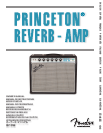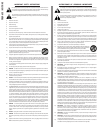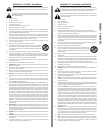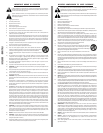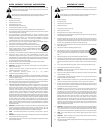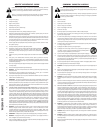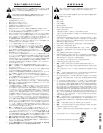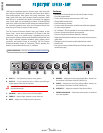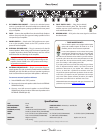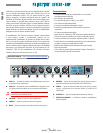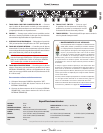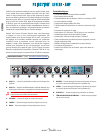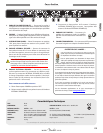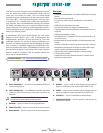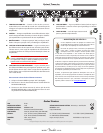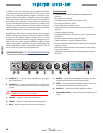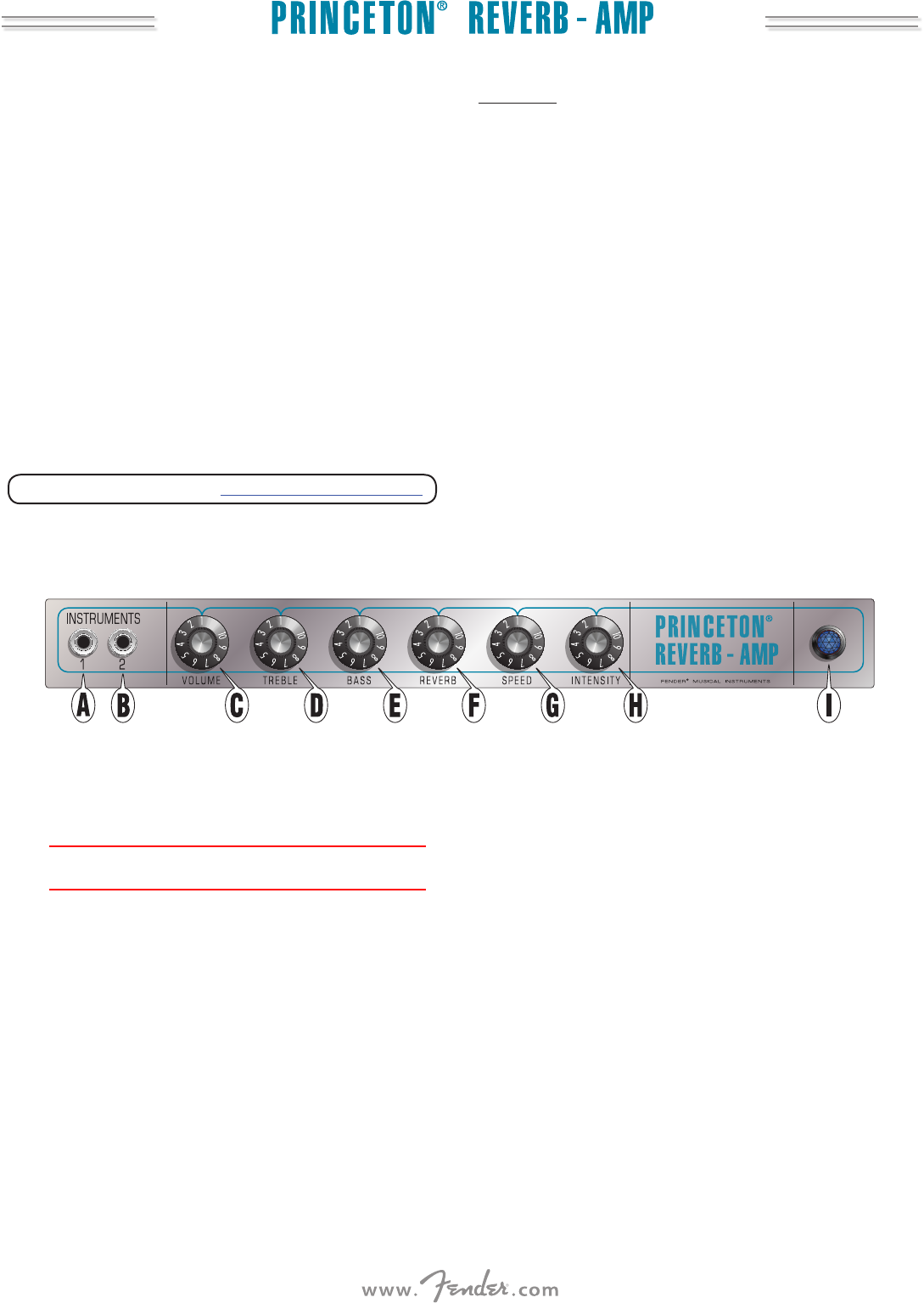
8
1968 was a transitional year for Fender amps, with tone that
was still pure Fender but a look that was brand new. With a
silver-and-turquoise front panel and classy aluminum “drip
edge” grille cloth trim, the Princeton Reverb received a fresh
new face as it remained the perfect recording and gigging
amp. Small, light and moderately powered, it produced big
tube tone, with world-class Fender reverb and vibrato effects.
For countless guitarists ever since, the Princeton Reverb has
been the go-to amp for classic Fender sound.
The ’68 Custom Princeton Reverb Amp pays tribute to the
classic look, sound and performance of Fender’s late-’60s
“silverface” amps. In a special twist, a modified tone circuit
gives modern players greater tonal flexibility with pedals, and
the amp’s reduced negative feedback gives greater touch
sensitivity and quicker onset of overdrive. The ’68 Custom
Princeton Reverb’s single 10” Celestion® TEN 30 speaker also
delivers a more distinctively rock ‘n’ roll flavor.
PRODUCT REGISTRATION — Please visit: www.fender.com/product-registration
Features:
• Modified Princeton Reverb circuit with all-tube circuitry
• Two 6V6 output tubes
• Three 12AX7 preamp tubes and one 12AT7 tube
• Single 5AR4 rectifier tube
• Hand-wired tube sockets
• Custom-made Schumacher transformers (like the originals)
• 12 watts output power
• 10” Celestion® TEN 30 speaker for crunchy modern tones
• Genuine Fender tube-driven spring reverb
• Genuine Fender tube-driven tremolo (“vibrato”)
• 1968-style Silverface aluminum trim around silver-turquiose
grille cloth
• Vintage-style two-button reverb/vibrato foot switch
• Fitted cover
• Five-year warranty (United States and Canada; other ter-
ritories may vary)
A. INPUT 1 — Full sensitivity input for most guitars.
B. INPUT 2 — Lower sensitivity input (-6dB) to provide high-
output guitars with cleaner response.
♫
Both INPUT 1 and INPUT 2 become equal in sensitivity when
used simultaneously.
C. VOLUME — Adjusts the loudness of the amplier.
D. TREBLE — Adjusts high–frequency tone character.
E. BASS — Adjusts low–frequency tone character.
F. REVERB — Adjusts the level of the Reverb eect. Reverb can
be switched on/o from the FOOT SWITCH{O}.
G. SPEED — Adjusts the rate of the Vibrato eect. Vibrato can
be switched on/o from the FOOT SWITCH{O}.
H. INTENSITY — Adjusts the depth of the Vibrato eect.
I. POWER INDICATOR — Illuminates when power is switched
on to the amplier.
ENGLISH



